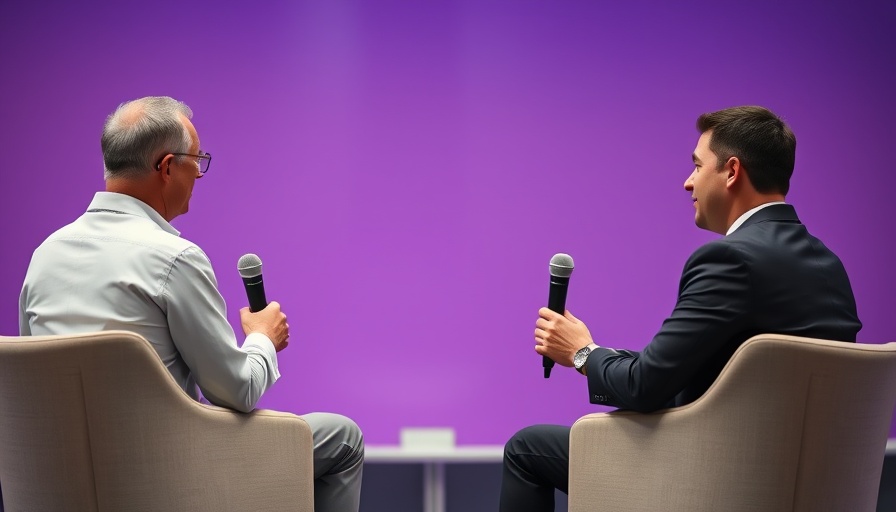
Microsoft's AI Revolution: Code Generation Takes Center Stage
In an astonishing revelation, Microsoft CEO Satya Nadella disclosed that 20% to 30% of the company’s code is now being generated by artificial intelligence. This was shared during a conversation at the LlamaCon conference, hosted by Meta's Mark Zuckerberg, which underscores a pivotal moment in the tech industry as AI continues to integrate itself into software development.
The Growing Role of AI in Software Development
During their discussion, Nadella explained that the adoption of AI in coding is yielding mixed results across programming languages. For instance, AI has proven extremely proficient in Python—a language widely used for data analysis, machine learning, and web development. However, its capabilities appear to diminish when it comes to languages like C++, a language often utilized for system software and performance-intensive applications. This observation reflects not only the potential benefits of AI but also the challenges that hinder its universal application.
Comparative Industry Insights: Microsoft vs. Google
Interestingly, this declaration by Microsoft coincides with statements made by Google CEO Sundar Pichai, who indicated that over 30% of Google's code is AI-generated. However, the lack of clarity on how each corporation assesses the extent of AI involvement complicates direct comparisons. As both giants venture deeper into the realm of AI-driven development, the specifics of measurement and reporting will be crucial in understanding productivity improvements attributed to AI.
Future Trends: 95% AI-Generated Code by 2030?
Bringing further anticipation to the conversation, Microsoft CTO Kevin Scott has projected that as much as 95% of all code could be AI-generated by the year 2030. Such predictions invite significant reflection on the future landscape of programming and software development, where human contributions might primarily focus on guiding AI rather than writing the actual code. This shift raises questions regarding workforce adaptations and the skills that will be prioritized in educational and training environments.
Industry Impact: Transforming Workflows and Ethics
The incorporation of AI into programming has profound implications. As workforces shrink due to automation, what does this mean for the thousands of coders currently working in the industry? There is a growing concern regarding job security and the ethical considerations surrounding AI technologies. With algorithms potentially overshadowing human efforts, it becomes imperative to reassess the role of workers and the ethical implications of relying heavily on AI for critical functions.
Common Misconceptions About AI in Coding
Despite the excitement surrounding AI's capabilities, there are still numerous misconceptions about its role in coding. Many believe AI can fully replace human coders; however, the reality is that AI is meant to assist and augment human capabilities rather than replace them. As Nadella pointed out, different programming languages yield varying results from AI input, illustrating that human oversight remains essential for successful software development.
Conclusion: Embracing the Future of AI
The future is bright yet cautious as companies like Microsoft and Google embrace the potential of AI to drive efficiency and innovation in code generation. As organizations adapt to these changes, it’s crucial for tech professionals to stay informed and ready to integrate AI into their skill sets, aligning with the evolving landscape of technology.
 Add Row
Add Row  Add
Add 




Write A Comment